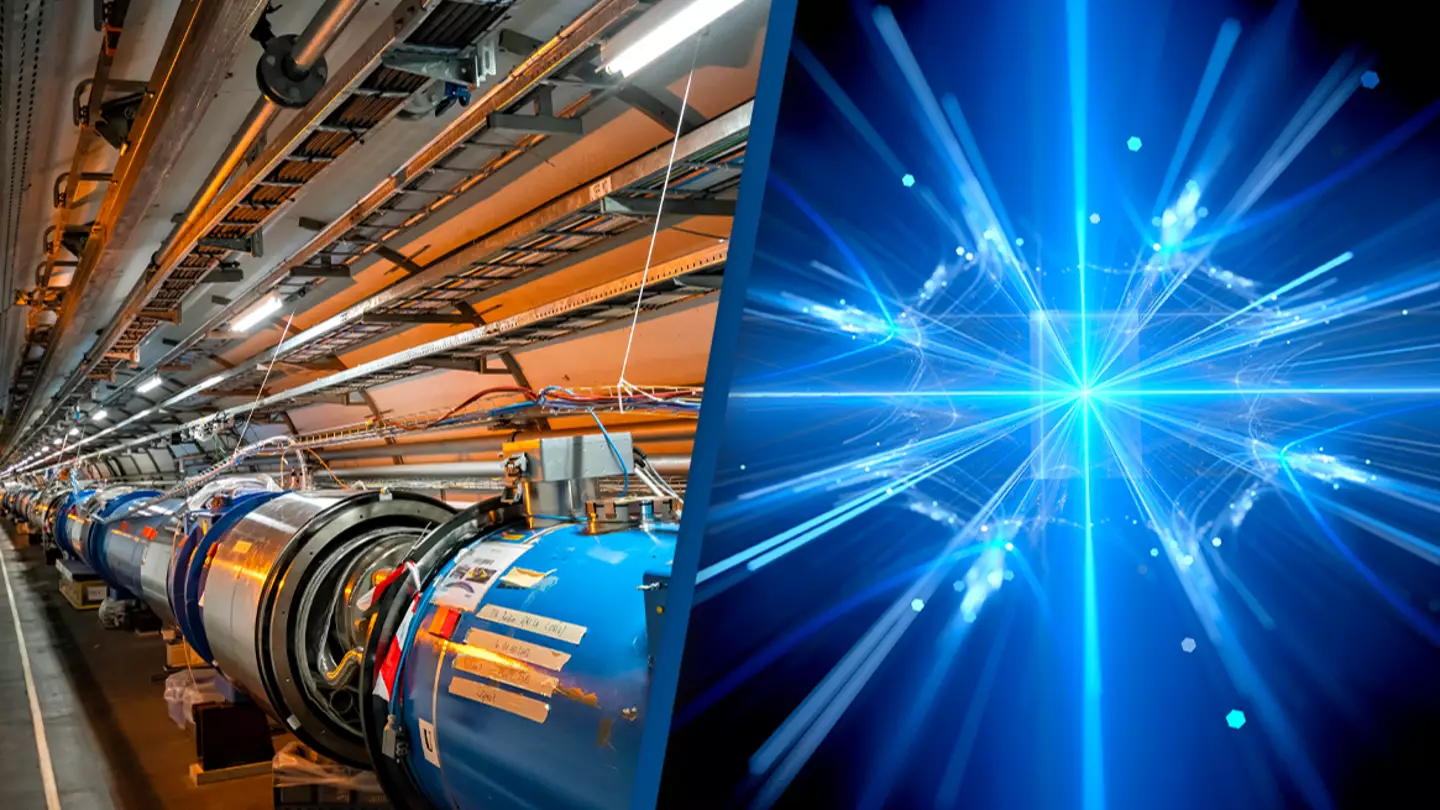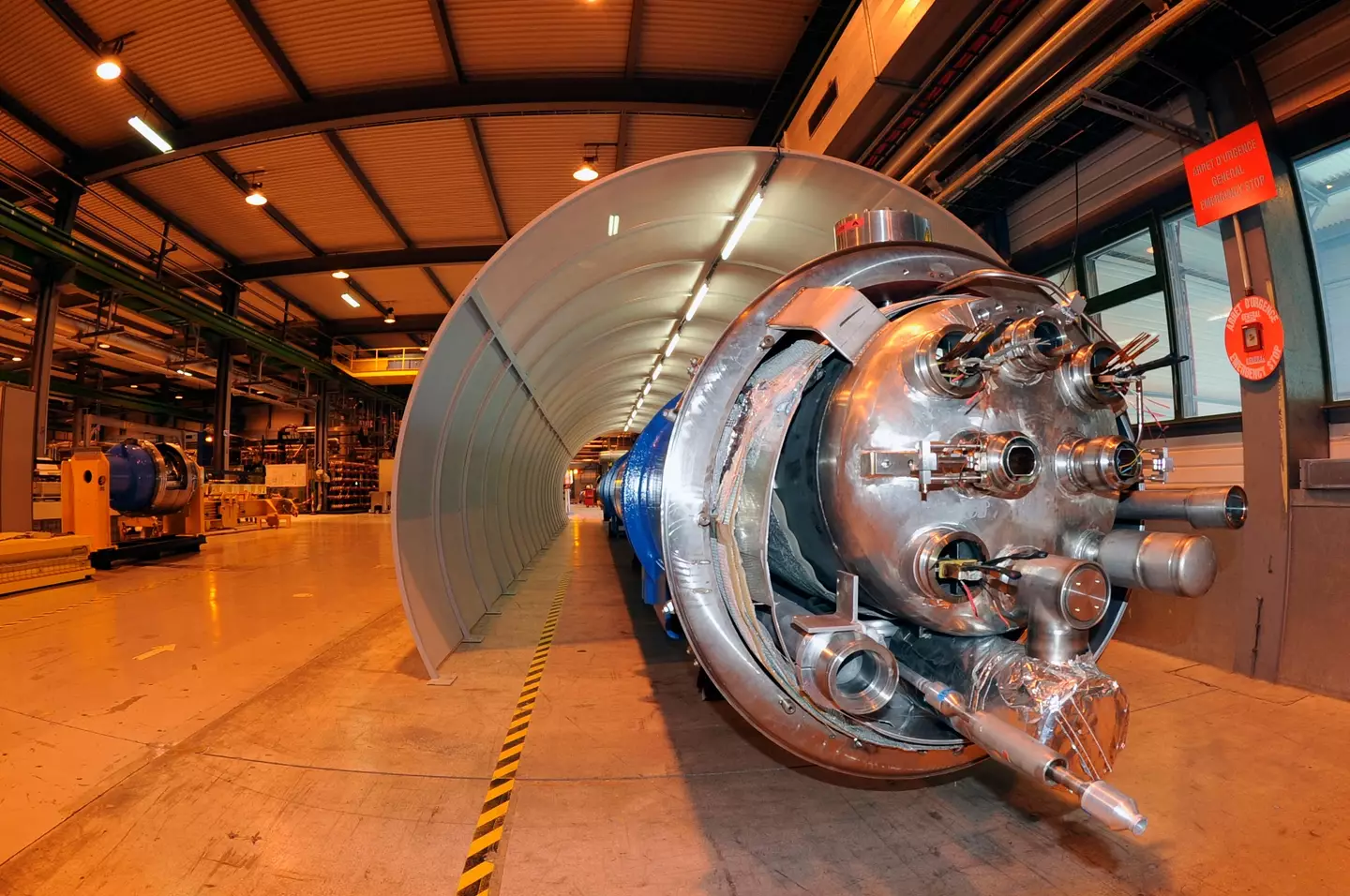
Scientists in Geneva are gearing up to unlock more secrets of the universe as they begin preparations to use the Large Hadron Collider for a third time.
Almost ten years ago today, the LHC, Earth’s most powerful particle accelerator, proved the existence of a subatomic particle known as the Higgs Boson, aka ‘The God Particle’ - a substance thought to be the fundamental building block of the universe which dates back to the big bang billions of years ago.
Now physicists at the European Organisation for Nuclear Research (CERN) are preparing to boot up the Collider for a third time, in order to learn more about the Higgs Boson and hopefully prove the existence of another mysterious substance - dark matter.

Although it sounds like the stuff of science fiction, dark matter has fascinated scientists for decades. The elusive particle, which does not emit, absorb or reflect light, is believed to make up a significant part of the universe, and learning more about it could provide clues as to how the universe came to be.
Advert
To put things in perspective - roughly 27% of the universe is thought to be made up of dark matter; an invisible, impossible to detect substance which we know next to nothing about.
In comparison, every star, planet and galaxy in the universe contributes to only around 5% of its total matter.
“If we can figure out the properties of dark matter, we learn what our galaxy is made of,” said Joshua Ruderman, an associate professor of physics at New York University. “It would be transformative.”
Researchers say dark matter exists because they’ve seen its gravitational pull on objects and have witnessed how it helps bend light, and are hoping that by simulating its properties in the LHC they can make another major breakthrough.
Advert
In a video posted on CERN's website, Fabiola Gianotti, CERN Director-General, said: "When we do research we hope that we will find something unexpected, a surprise. That would be the best result.
“But of course the answer is in the hands of nature, and it depends on how nature answers open questions in fundamental physics.
"We are looking for answers to questions related to dark matter, to why the Higgs boson is so light and many other open questions."
Although the main aim of the research is to learn more about the Higgs and Dark Matter, early reports suggest there may indeed be a number of ‘surprises’ in store during the latest round of research.
Advert
On Tuesday, shortly after the collider began collecting data, scientists at CERN announced they’d found three new “exotic” particles that could provide clues as to how subatomic particles bind together.
The current run of the LHC is expected to last for around four years, and is expected to capture up to ten times more data than both previous runs combined. After being shut down for the past three years whilst engineers worked on various upgrades, the accelerator can now run at its highest energy level ever, 13.6 trillion electron volts, and smash particles together at 99.9% the speed of light.
